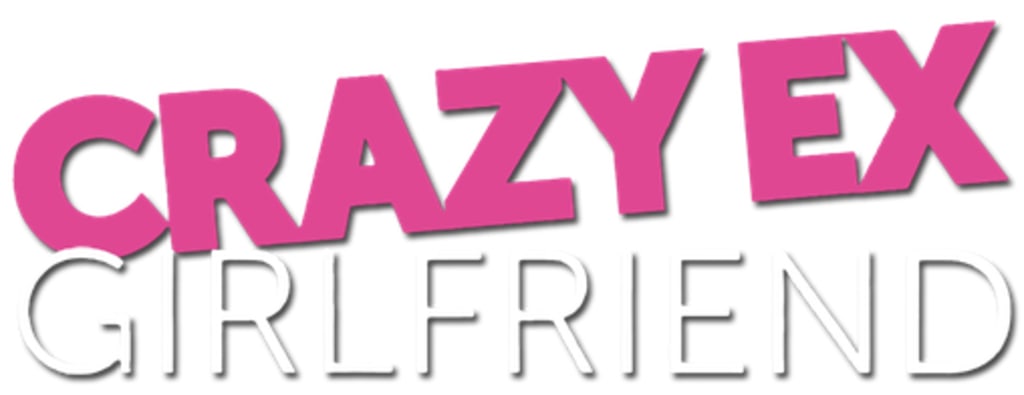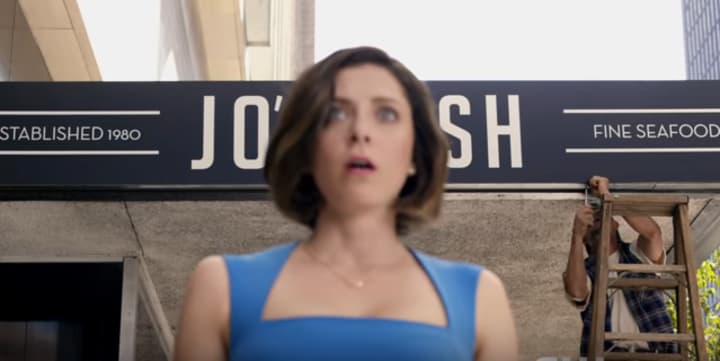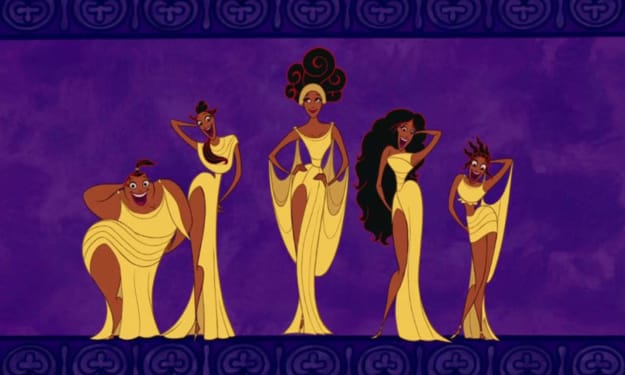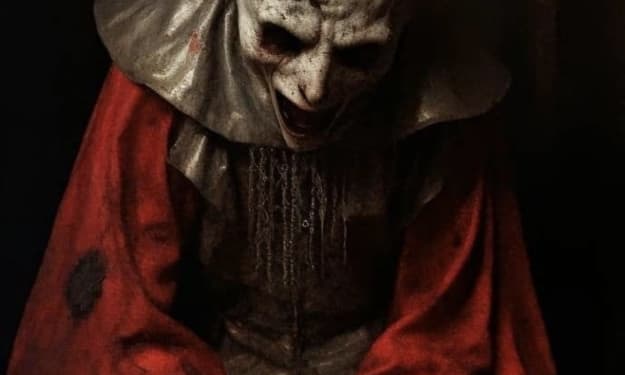
Lately, my mental health hasn't been great. The change in weather, a career stagnation, maybe both, but either way I'm not feeling great. Instead of wallowing in this, I've decided to examine media that I've consumed (and still do consume) in the context of my own feelings. A kind of media-analysis-as-therapy kind of way.
To start things off, I'm gonna be looking at the TV series Crazy Ex-Girlfriend. This was a show that for years had been recommended to me by people around me. I had people from friends, to university lecturers tell me to watch this show. This year I gave in. In the same year that this show was going to end, I binged it.
In 2019 I binged three seasons of a show that started in 2015. I consumed the brilliant, exciting, invigorating, and heartbreaking work of Rachel Bloom and Aline Brosh McKenna.
For those unfamiliar, Crazy Ex-Girlfriend is a show that examines, deconstructs, and re-contextualises the character and narrative tropes in a romantic comedy. The female lead's random searching for a man, her best friend's willingness to drop everything to help her, the designated opposition to her end goal of reaching The Man, and even The Man himself (and many more tropes), are all put under a microscope on this show. However, the way Crazy Ex-Girlfriend examines mental illness is where I felt that the world was being told my business (and the way that my business was being made available to stream on Netflix).
The first way is the manner in which music and musical theatre is integrated into the show. The first musical number of the show, "West Covina," flaunts a swooping melody, optimistic lyrics and the promise of a new start worthy of Alan Menken and Howard Ashman. However, what is essentially the opening number of Crazy-Ex Girlfriend toys with this notion. Although Rebecca says she is in love with West Covina, the framing suggests she is in love with her high school camp ex boyfriend Josh Chan (with whom she recently reunited with prior to the song). Here, Rebecca is making a decision on some level to exist in a fantasy, where her personal emotional problems can be solved through escaping her current life.

However, the very form in which we see Rebecca try to work though this is symptomatic of the problematic way in which she seems to work through her emotional trauma. In later seasons of the show, musical theatre is shown to be the medium that Rebecca uses to figure things out in. This is further demonstrated in the way that most numbers in the TV series are references, parodies, or pastiches of existing forms, numbers, or genres.
This resulted in Crazy Ex-Girlfriend resonating with me. What the show was working to convey was already recognisable to me in a form that I was not only familiar with, but in a form that I am already equipped to deeply analyse. Numbers like "Face Your Fears" spoke to my own experiences of the ways my friends would try to get me out of my comfort zone, while parodying "inspirational" pop anthems who seem to offer generic advice with no specific solution. "Settle For Me" and "Settle For Him" oddly spoke to my willingness to accept a relationship with a girl, despite my blossoming queerness (the antithesis existing in "Gettin Bi").
Songs like "Where's the Bathroom" and "Remember That We Suffered" really expressed the cultural and , almost ancestral pressure that comes from being part of an oppressed group trying to navigate 21st Century life. Even though those numbers specifically highlight the Jewish American perspective, the idea of matching up to cultural expectations really really called me out. Because I am at heart a musical theatre boy, I could endlessly list the musical numbers in this show and talk about how they really dragged me. But the depth is in the way that the show represents mental health and adulthood.
Crazy Ex-Girlfriend can be a hard watch. I spent a lot of my time watching the show wondering why she didn't just accept that she needed help. Why didn't she accept she needed her meds. Why didn't she accept that she needed therapy. And in doing that, I had to pause. Because no longer was I seeing the show from my perspective. I was seeing the show from the view of people around me. Who cared about me. Who worried about me. People who, despite my foolish pride, knew more about navigating a harsh cruel world.
I went from watching a show about a rich, white, American girl who thought in musical theatre numbers to watching a girl deeply struggling with her mental health. Every seemingly ridiculous decision that was seemingly played for laughs, I understood. Every exaggerated thought process or every moment of catastrophic thinking made total sense to me. I am mentally unwell. As is Rachel Bunch. And both of use Musical Theatre as a crutch. The season one number "You Stupid Bitch" really expresses how you can blame yourself for things going wrong, and therefore, repeat those actions just to justify your way of thinking. The cycle of depression being expressed in a singular, acerbic musical theatre-esque number.
To focus this onto my experiences (because this is about me essentially, lmao sorry), I feel like there are certain moments and songs that really resonate with me. "The Math of Love Triangles" is a number that I feel a lot about. The song positions Rebecca (a character always vying for love and validation), as a Marilyn Monroe parody, who deeply believes that every man loves her and fawns over her, despite them being there to teach her maths. Despite the men around her dismissing her flirtations and frankly saying they get "nothing out of this," she coos and flirts her way around the issue of there being two men she cares about vying for her affection, and chooses to embrace the fact that two men like her that much. In this moment she is choosing to be liked, more than she is choosing to find a productive solution to her current dilemma.
However, the moment that I felt that Crazy Ex-Girlfriend really REALLY snitched on me was the moment where Rebecca overdosed. This was really hard to write. Revisiting these moments was not easy at all. Not in the context of watching the show, and not in the context of me thinking back to those moments. Her overdose came at a point where she had exhibited extreme behaviours due to her diagnosed mental illness, and she was actually on the way to recover. However, she wanted her pain to stop. The emotional pain, of being inferior, insulted, and unloveable was too much for her.
I know exactly how those feelings feel. As much as I romanticise my desire to improve, to learn more, to do better, those feelings come from a place of pain. Not the exact same place as Rebecca's, but close enough that I get it. But, even though this may sound like it ends badly, Rebecca's active journey to recovery in season 4 is even more rewarding. She does to work internally and externally and ends the show with a positive outlook on how she will navigate the world.
I'm not there yet. I'm still doing the work. But I am secure in the fact that it will be okay. Because I can say that at this point, I deserve to be.
Love Peace and Hair Grease
Jo x
About the Creator
Jo' Ash
A British Musical Theatre Person™ who loves and writes about identity, the arts, and popular culture sometimes all at once!
Follow me!
Twitter @Joashaha
Instagram @Joashhh






Comments
There are no comments for this story
Be the first to respond and start the conversation.